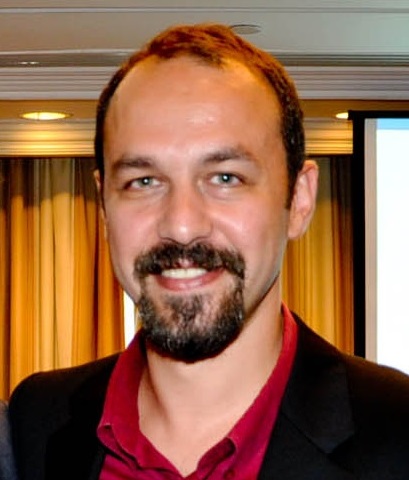- 26 Feb 2015
Communicating Politics in Kuwait
Abstract
The Arab uprisings have disrupted many long-standing assumptions about the nature of political change in the Middle East, inspiring renewed expectations or skepticism about the processes of regional liberalization and democratization. The scale and outcomes of the citizen-led changes that began in late 2010 were unprecedented, but debates over democracy and political change facilitated by tech-savvy youth are not. In fact, these issues have histories and examples from other Arab countries that can offer conceptual insights for making sense of contemporary regional upheavals. In Kuwait, for example, a constitutional monarchy has been incrementally ceding power since the 1960s to one of the most autonomous of Arab parliaments, interspersed with periods of social unrest.
Dr. Fahed Al-Sumait described processes of political communication in Kuwait as currently practiced by Islamists, liberals, women’s activists, and other political actors who play a central role in the country’s efforts toward gradual liberalization. He outlined respondents’ strategies for targeting audiences, crafting messages, and utilizing various means of communication to deliver information and collect public feedback. The findings came from fieldwork interviews over a 10-month period overlapping the beginning of the Arab uprisings with respondents representing approximately forty percent of the legislature and half of the cabinet, as well as civil society leaders, political activists, academics, journalists and the leaders of each major political “party.” While Kuwait possesses regionally unparalleled levels of media saturation, high degrees of press freedom, and a politically active citizenry, at the same time it shares several social, economic, and political elements with neighboring countries. This makes its analysis important in itself and simultaneously relevant to larger discussions on pan-Arab and pan-Islamic forms of political change.
About the Speakers

Department of Communication
Gulf University of Science and Technology, Kuwait
Fahed Al-Sumait is an Assistant Professor of Communication and Department Chair at the Gulf University for Science and Technology, where he also serves as an Advisor to the Vice President of Academic Services. He was previously a Fulbright-Hays research fellow before serving as a post-doctoral research fellow at the Middle East Institute in the National University of Singapore. His notable publications include “Terrorism’s cause and cure: The rhetorical regime of democracy in the U.S. and UK” (2009); as well as chapters in Transforming International Communication: Media, Culture and Society the Middle East (2014) andState Power 2.0: Authoritarian Entrenchment and Political Engagement Worldwide (2014). He is also co-editor of the books, “The Arab Uprisings: Catalysts, Dynamics and Trajectories” (2014, Rowman & Littlefield), and “Covering bin Laden: Global Media and the World’s Most Wanted Man” (2015, University of Illinois Press). He holds an MA and PhD both in communication from the University of New Mexico and the University of Washington, respectively.




